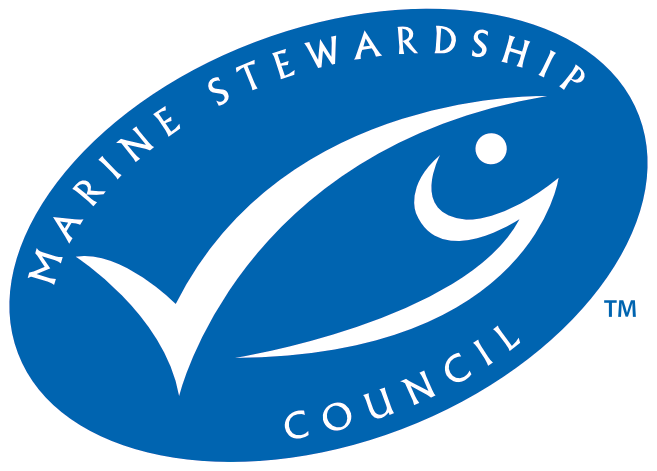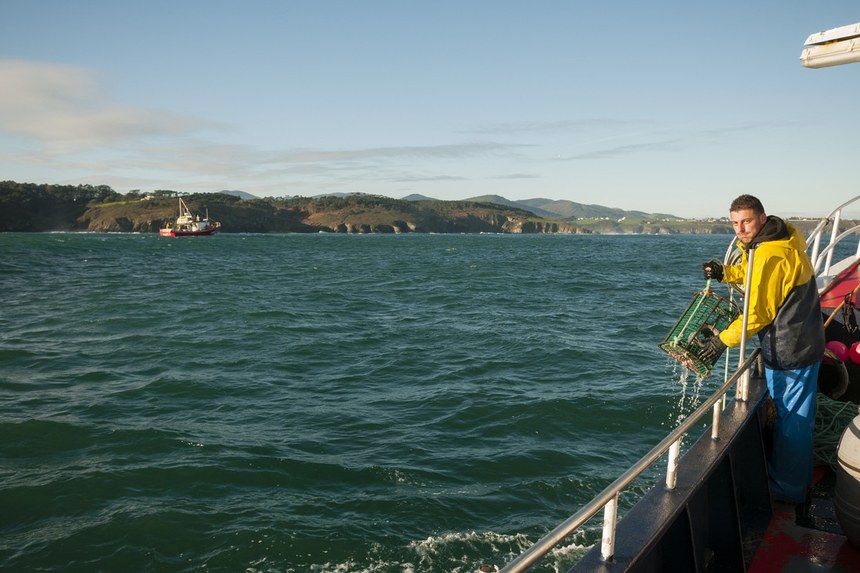
- Certifier :
- Bureau Veritas Certification
- Certified status :
- Certified
- Certified since :
- 10 Feb 2016
- Certificate expires :
- 08 Aug 2026
Overview
Fisheries are composed of one or more parts, each of which is entitled to receive an MSC certificate. These parts or “units” are defined by their target stock(s), fishing gear type(s) and if relevant vessel type(s), and the fishing fleets or groups of vessels.
When the term “Unit of Certification” is used for fishing units that are in assessment, it refers to the “Unit of Assessment” or “Unit of potential certification”. Expand a status below to view the parts that form this fishery. To check the detailed scope, download the latest certificate or open the Assessments page to get the latest report. Find out more by visiting our page on Fisheries
Catch by Species
| Species | Reported Catch Year | Metric Tonnes |
|---|---|---|
| Common octopus (Octopus vulgaris) | 2025 | 17.3 |
Information is provided by an independent Conformity Assessment Body as live weight (the weight of species at the time of catch, before processing) and where a fishing season covers multiple years, the end year is given as the reported catch year. Additional information is available in the latest report, see the assessments page.
Eligibility, client groups and vessel lists
A fishery may choose to define the members of the fishery certificate. These members can be vessels or other client group members (e.g. companies that own vessels and/or companies that are named as eligible to handle certified product covered within the fishery certificate scope). Please refer to the fishery certificate statement on additional product specific eligibility criteria (e.g. product eligibility limitations, eligibility date, exclusive points of landing and the point where Chain of Custody certificate is required). Please consult the fishery Public Certification Report for product eligibility rationale.
| Documents | Published on | Files |
|---|---|---|
| Vessel List | 19 Dec 2025 | 1 files |
About this Fishery
This Atlantic fishery operating in the waters of Asturias in north-west Spain was the first octopus fishery to be MSC certified.
The fleet is made up of four Spanish fishermen’s guilds ('cofradias') operating 27 vessels, using artisanal traps to catch common octopus (Octopus vulgaris).
Aside from being an extraordinary creature capable of changing colour, texture and shape, octopus is an economically important species.
"We are very pleased to be the first octopus fishery in the world to be recognised as sustainable. Achieving MSC certification is a recognition of our commitment to sustainability. It’s been more than a year of hard work from all of us artisanal fishers from the West Asturias region. We are committed to protecting our ocean because we know that the future of our coastal communities and the sustainability of the environment depends on it"
Adolfo García Méndez Main, skipper of Fishermen Association of Nuestra Señora de la Atalaya, Puerto de la Vega
A fishery management plan is overseen by the regional government in collaboration with the guilds. A minimum capture weight of 1kg is in place. The fishery has a negligible impact on the seabed, and bycatch and discards are minimal.
Market Information
Catch is largely sold fresh for local and national markets.
